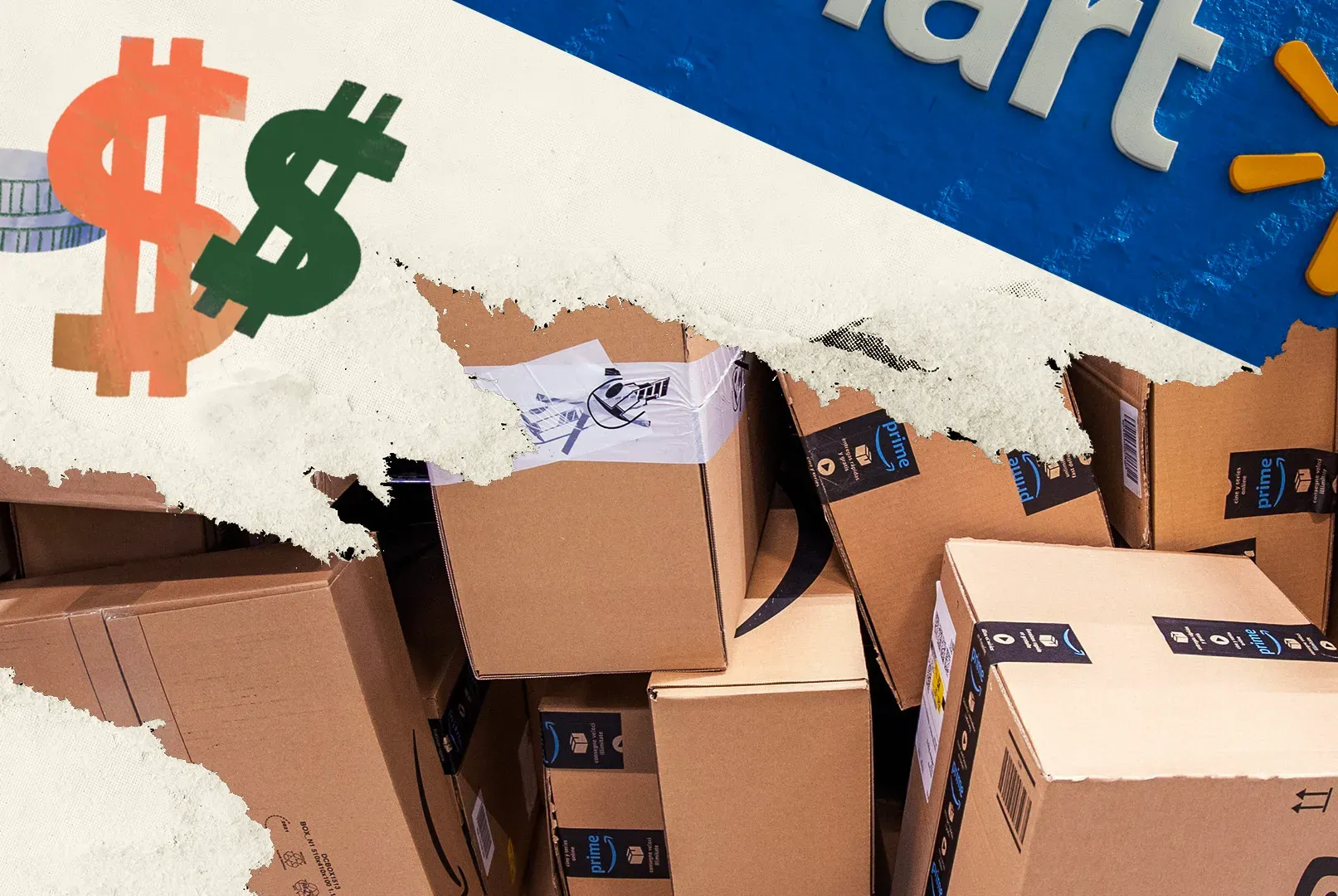Amazon, Walmart, Expedia, Explore Stablecoins to Slash Payment Costs

Major American retailers and travel companies, including Amazon, Walmart, and Expedia, are considering launching their own stablecoins to reduce the hefty fees associated with traditional card payments, according to a recent report from The Wall Street Journal.
This potential shift could save merchants billions annually by bypassing the costly interchange fees charged by credit card networks like Visa and Mastercard. As digital payment solutions gain traction, these industry leaders are exploring stablecoins to streamline transactions and enhance financial efficiency.
Stay In The Loop and Never Miss Important Crypto News
Sign up and be the first to know when we publishStablecoins Offer Cost Savings and Speed
For large retailers processing billions of transactions each year, credit card fees ranging from 1% to 3% per transaction represent a significant expense. Stablecoins, such as USDC on the Solana blockchain, offer a compelling alternative with transaction costs as low as $0.00025 per transfer. This dramatic reduction could translate into millions of dollars in annual savings for merchants, allowing them to reinvest in operations or pass savings to consumers. The Wall Street Journal cited sources familiar with the efforts, noting that companies are in the early stages of evaluating how stablecoins could reshape their payment systems.
Beyond cost savings, stablecoins provide near-instant transaction settlement, unlike traditional card payments that can take one to three business days to clear. This speed enables merchants to access funds quickly, improving cash flow and facilitating smoother global supply chain operations. For businesses making payments to international suppliers, the rapid settlement of stablecoin transactions could simplify cross-border commerce and reduce delays. Amazon, for instance, is reportedly exploring a proprietary stablecoin for online purchases, though discussions remain preliminary.
Some companies are also considering partnerships with external stablecoin issuers or forming a merchant consortium to adopt a shared digital currency. This collaborative approach could standardize stablecoin use across industries, further driving down costs. Meanwhile, major U.S. banks like JPMorgan, Bank of America, Citigroup, and Wells Fargo are exploring a joint stablecoin initiative to compete with fast-growing digital asset platforms. These developments signal a broader industry shift toward blockchain-based payment solutions.
The success of these initiatives hinges on the passage of the Genius Act, a proposed law that would establish a regulatory framework for stablecoins. The legislation has cleared a key procedural hurdle but awaits final approval from the Senate and House. Merchant trade groups, including the Merchants Payments Coalition, are actively supporting the bill, arguing it would foster competition against dominant card networks and reduce expenses. Walmart has also pushed for an amendment to the Genius Act to encourage greater competition in the credit card sector, highlighting the urgency of modernizing payment systems.
As the Senate prepares for a final vote on the Genius Act, the potential for stablecoins to transform retail and travel payments is gaining momentum. By reducing reliance on traditional card networks, merchants could unlock significant savings and operational efficiencies. For consumers, this shift could lead to lower prices and faster transactions, reshaping the future of commerce. The exploration of stablecoins by industry giants shows the growing influence of blockchain technology in addressing real-world financial challenges.
With regulatory clarity on the horizon, retailers and travel companies are poised to lead the charge in adopting stablecoins. The outcome of the Genius Act will play a pivotal role in determining how quickly these innovations reach the market. For now, the industry is watching closely as Amazon, Walmart, Expedia, and others lay the groundwork for a new era of digital payments.

